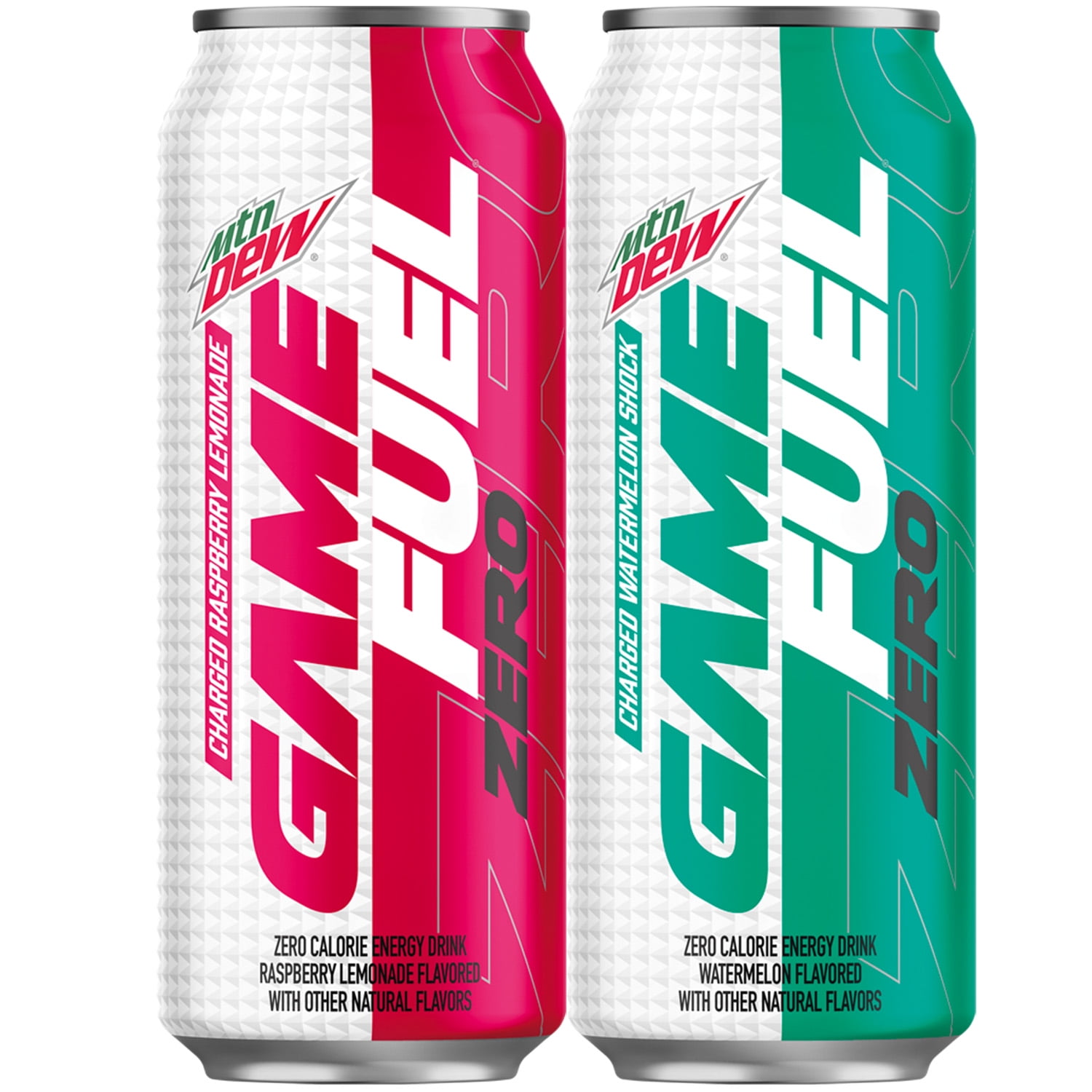

A comparable amount of regular Mountain Dew would have 72 milligrams of caffeine while a can of PepsiCo’s Amp energy drink has 142 milligrams, according to the Center for Science in the Public Interest.īy comparison, a 16-ounce cup of Starbucks coffee has 330 milligrams of caffeine.

Lawmakers and consumer advocacy groups have also called on the Food and Drug Administration to investigate the safety of the high levels of caffeine in energy drinks for younger people.Īlthough Kickstart may look like an energy drink, it has far less caffeine, at 92 milligrams for a 16-ounce can. This summer, New York’s attorney general launched an investigation into the marketing prices of energy drink makers including Monster and PepsiCo, which also makes Amp. have largely watched that growth from the sidelines, however, with players such as Monster Beverage and Red Bull dominating the market.īut the surging popularity of energy drinks has also led to sharper scrutiny. The promise of “energy” has been a big seller in the beverage industry in recent years, with the energy drink market increasing 17% in 2011 even as broader soft drink consumption has continued to decline, according to Beverage Digest. Suddenly it let loose and came down like a.

have largely watched the growth of energy drinks from the sidelines Paying no attention to the sign, and after having a drink, I didn't see one end of the joist right above my head. Article content PepsiCo and the Coca-Cola Co. This advertisement has not loaded yet, but your article continues below.


 0 kommentar(er)
0 kommentar(er)
